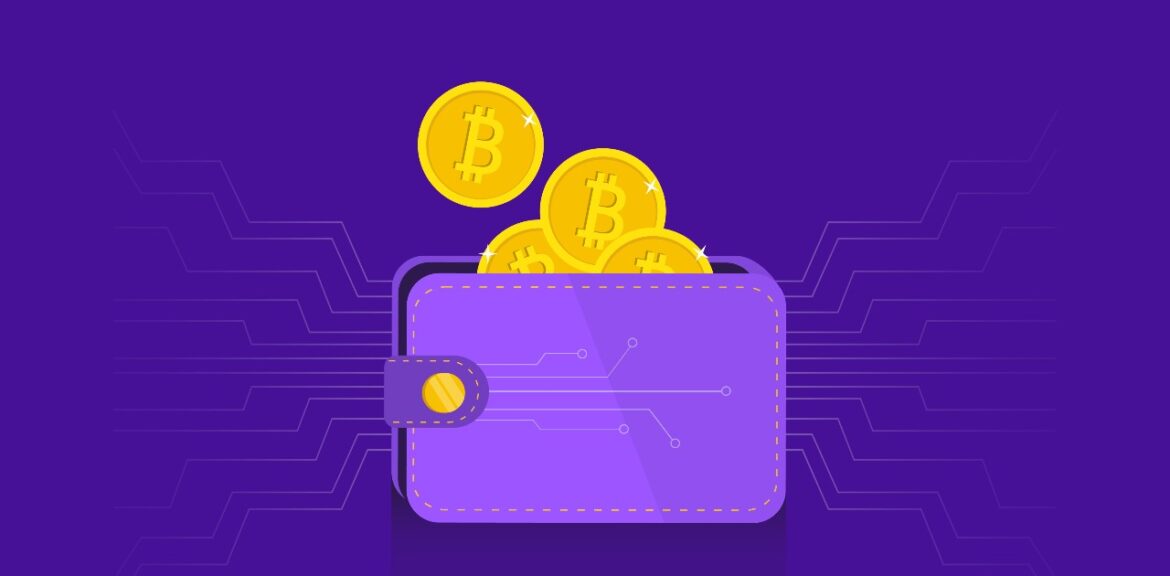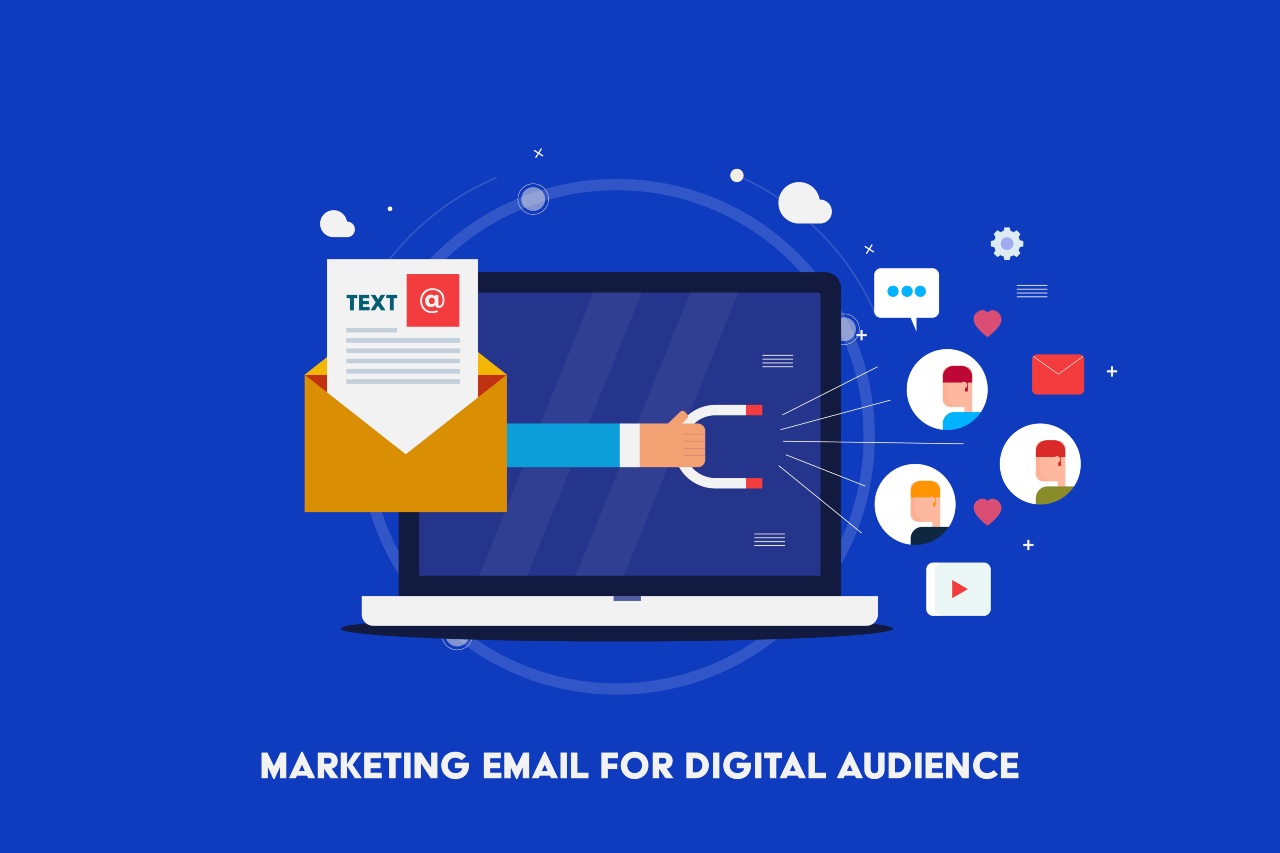
As digital marketing continues to evolve, blockchain technology has emerged as a game-changer. Offering opportunities to redefine transparency, security, and efficiency in the marketing industry. Businesses can benefit from understanding blockchain’s potential and incorporating it into their digital marketing strategies. Thus, making this new technology an essential area to watch.
In this article, we’ll explore the role of blockchain in digital marketing, its advantages for businesses, and practical applications that businesses can leverage to stay ahead.
-
Understanding Blockchain and Its Key Features
Blockchain is a decentralized digital ledger that securely records transactions across multiple systems. Thus, ensuring transparency and preventing tampering. Unlike traditional databases controlled by a single entity, blockchain is decentralized.
That means data is shared across multiple participants (or nodes) in the network. This setup makes it extremely secure and nearly impossible to alter without consensus from the entire network.
Some of blockchain’s essential features include:
- Transparency: Every transaction is publicly recorded and traceable.
- Security: Data on the blockchain is cryptographically secured, reducing risks of fraud and data manipulation.
- Immutability: Once recorded, data cannot be altered or deleted, ensuring an accurate record of all transactions.
These features address several long-standing issues in digital marketing. From ad fraud to data privacy concerns, by introducing a transparent, tamper-proof layer to interactions between businesses, advertisers, and consumers.
-
Addressing Ad Fraud and Ensuring Transparency

Ad fraud is a significant challenge in digital marketing, costing businesses billions of dollars each year. Fraudulent clicks, fake impressions, and bot traffic inflate campaign costs and reduce effectiveness. Blockchain’s transparency and verification capabilities can reduce ad fraud by providing a clear and immutable record of each ad interaction.
With blockchain, advertisers can track every impression, click, and engagement back to its source, ensuring genuine interactions. By using smart contracts—self-executing contracts with terms directly written into code—advertisers can specify conditions that trigger automatic payments only when verified metrics are met. Thus, reducing waste and optimizing ad spend.
-
Enhancing Data Privacy and Security
Data privacy is one of the most pressing concerns in digital marketing, with regulations like GDPR and CCPA enforcing stricter data protection standards. Consumers are increasingly aware of how their personal data is used and stored, demanding more control and transparency over their data.
Blockchain offers a unique solution by giving consumers more control over their information. For example, blockchain-based identity verification systems allow users to selectively share data with brands, granting access only to necessary information.
In return, companies gain access to highly accurate, consumer-authorized data, increasing trust and improving customer relationships. Blockchain’s security measures, such as cryptographic encryption, also reduce risks of data breaches, providing an added layer of protection.
You may also like:
-
Building Trust with Consumers via Blockchain and Digital Marketing
Blockchain technology is inherently transparent, making it a powerful tool for brands to build trust and social proof with their audiences. For businesses, establishing trust can be a significant challenge, especially in highly competitive markets. Blockchain’s ability to provide a verifiable, transparent record of transactions and interactions can help brands showcase their commitment to honesty and authenticity.
For instance, a business might use blockchain to show customers the full lifecycle of their product, from production to delivery. Companies focused on sustainable practices can use blockchain to verify their environmental claims, offering customers visible proof of ethical sourcing or reduced carbon footprints.
-
Improving Loyalty Programs and Customer Engagement
Loyalty programs are widely used in digital marketing to incentivize repeat purchases and foster brand loyalty. However, traditional loyalty programs can be complicated, with users needing to navigate multiple systems, and points often go unused due to restrictions.
Blockchain-based loyalty programs provide several benefits:
- Interoperability: Blockchain allows loyalty points to be exchanged across different platforms, making it easier for customers to redeem them.
- Fraud Prevention: Transactions on blockchain are verified and cannot be tampered with, reducing the potential for fraud in loyalty programs.
- Efficiency: Blockchain-based loyalty points can be awarded and redeemed instantaneously, creating a seamless experience for customers.
For small businesses, these programs can enhance customer engagement, simplify redemption processes, and build brand loyalty by offering users more flexibility and security.
-
Optimizing Influencer Ads with Blockchain and Digital marketing

Influencer marketing has grown significantly, but it often faces challenges like fake followers and unverifiable engagement metrics. Blockchain offers a solution by allowing businesses to verify the authenticity of an influencer’s followers and engagement rates.
Using blockchain, marketers can validate an influencer’s reach and impact by examining verified data rather than relying solely on self-reported metrics. By leveraging blockchain for influencer partnerships, brands can improve the credibility of campaigns and ensure marketing dollars are spent on genuine, impactful engagement.
-
Streamlining Programmatic Advertising
Programmatic advertising automates the buying and selling of online ad space, but it can be prone to inefficiencies and lack transparency. Blockchain can streamline this process by offering a verifiable, decentralized system for ad transactions. Blockchain’s transparency eliminates intermediaries, creating a direct link between advertisers and publishers.
For example, blockchain can enable real-time bidding with a clear record of every transaction, making it easier to audit and ensuring that ad dollars go to the right places. This efficiency can help businesses make the most of their marketing budgets by eliminating unnecessary fees and improving ROI.
Conclusion: The Future of Blockchain in Digital Marketing
Blockchain technology holds immense promise for digital marketing, particularly for small and medium-sized businesses looking to enhance trust, transparency, and efficiency. By addressing common issues like ad fraud, data privacy, and inefficiencies in programmatic advertising, blockchain opens new pathways for businesses to connect with their audience in more secure and authentic ways.
In the meantime, if you need help with your digital marketing, we are here for you. Feel free to contact us and learn more about our digital marketing services. You can find more information at Sylably.com or on our flagship Facebook page.
You may also like:
Did You Like this Article?
If you found this article helpful, please share with your friends, family, and colleagues who might also be interested in digital marketing services.
We would also love to hear your opinion, thoughts, and advice! Please leave your comments in the box below.
Thank you!











